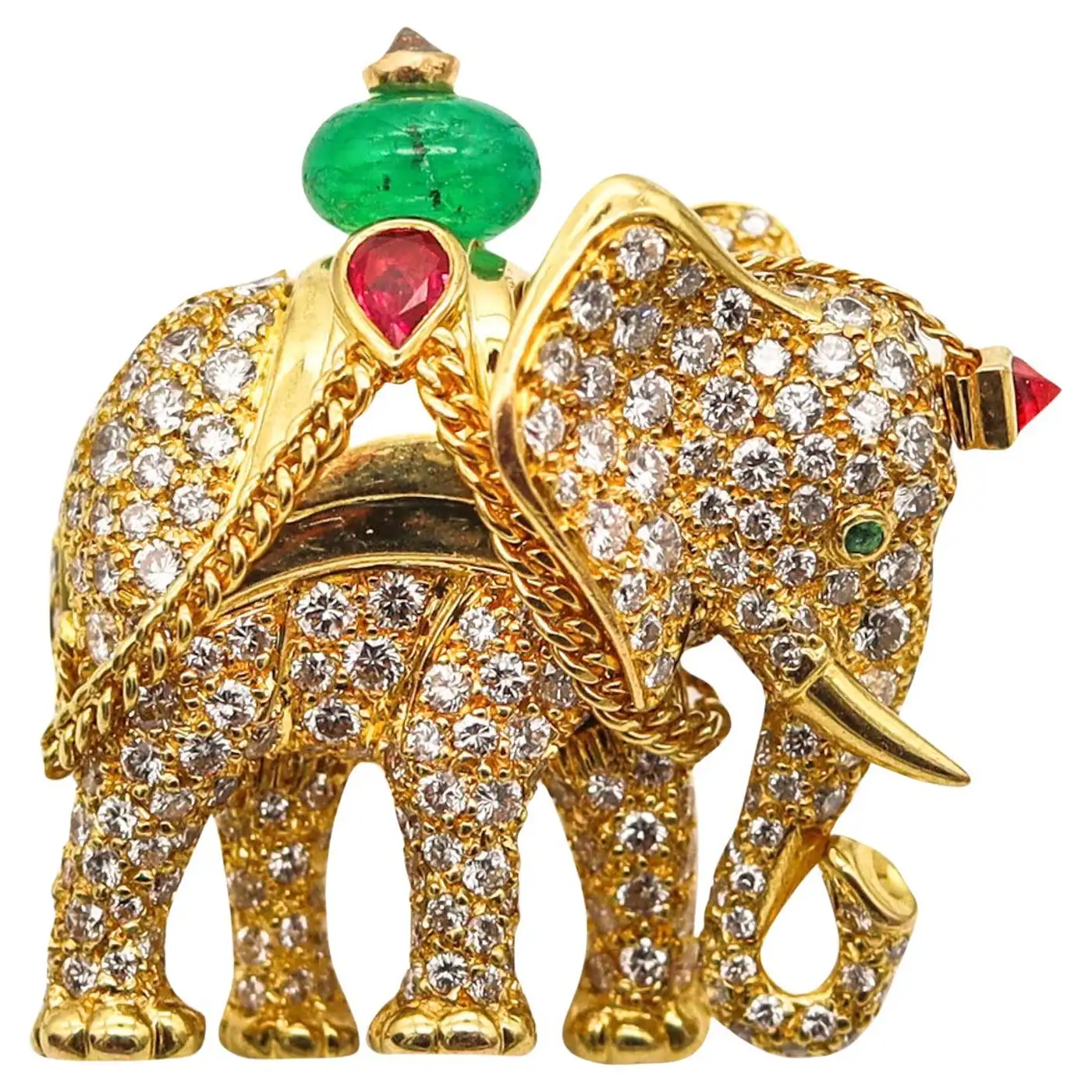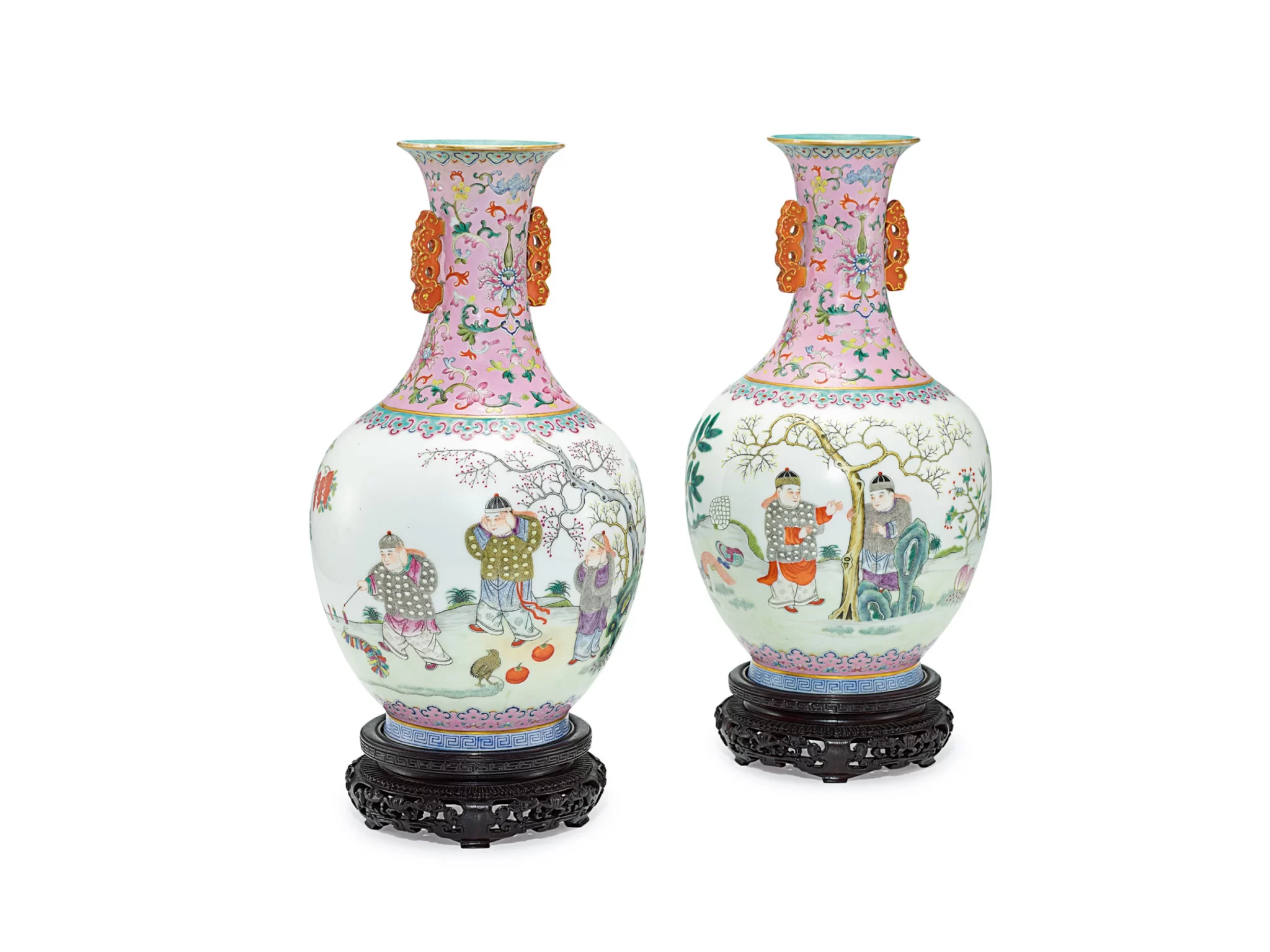
Market Value Vs. Appraisal Value
Whether you are new to appraisals or have shopped at antique stores before, you’ve likely heard people talk about market values and appraisal values. While these terms sound the same, there are important distinctions between them. Before you liquidate an estate or sell a treasured antique, take some time to learn more about important terms and what to expect from the process.
What Is the Market Value of an Item?
Collectibles, jewelry, and antiques are all said to have a market value. At its heart, the market value is the amount an item would get on the open market. It is what the seller will accept for their item and the amount the buyer is willing to pay.
The Auction Value
In the real world, the price of an item changes based on where it is sold. At an auction, the sale price can change from one day to another because of the buyers present, location, and auctioneer.
Before an auction, the appraiser will typically give you a verbal price for your antique or artwork. The auction value is an estimate of what the item would fetch at auction. However, auction bidders can sometimes bid up the price significantly if a piece is particularly rare or unusual.
In comparison, ordinary pieces often sell for less at an auction than they would receive at a retail store. With these types of items, you will typically get more at an auction because sellers can ask for a higher price and wait until someone comes along to buy it.
The Retail Value
The retail price is higher than what an antique store pays. The antique buyer must buy a piece for less than what it sells for in order to cover the store’s overhead. Antique shops have to make a profit to survive, so the retail price must be higher than what the antique shop purchased it for.
The Insurance Value
Insurance appraisals tend to be much higher than auction prices. The appraiser tends to choose an appraisal value that is at the high end of the retail value. This is done so that you can buy an equivalent item if your piece is stolen or broken in an accident.
Normally, retail and auction values are given verbally. With insurance appraisals, the appraisal is written out in a formal document. The owner of the item often pays for the appraisal because they want a legal document they can give to their insurance company that will stand up in court.
What Is an Appraisal?
If you’re trying to sell jewelry, antiques, or fine art, you’ll likely come across appraisal values as well. Appraisals are estimates of how much your item is worth. During a San Diego estate sale, our staff members will give you an estimate of what your items are worth.
There are two main ways you can sell an estate. An estate sale is like an auction of your loved one’s belongings. The estate sale is held on a specific day. Then, people bid on the items in an auction setting. With this type of sale, the appraisal is an estimate of what you’ll get at auction, but the actual amount you receive will vary based on the bids.
Meanwhile, an estate liquidation is essentially a buyout of your entire estate. In this instance, the estate liquidators will give you a total price for your estate. This amount may be lower or higher than what you would receive during an auction. Many sellers like this option because they get a guaranteed price and don’t have to wait.
How Are Market and Appraisal Values Different?
While the market value is the amount you can actually get on the marketplace, the appraisal value is an estimate. Additionally, the appraisal value can change based on the setting. Insurance appraisals tend to be higher than the average retail value. In comparison, auction appraisals are generally less than the estimate you would receive for insurance purposes.
How Does the Appraisal Process Work in San Diego?
Through our estate services, you can get your items appraised. We can appraise each item for the amount you would receive in an estate sale or estate liquidation. While each estate is different, our appraisals generally go through the following process.
During the appraisal, the appraiser considers the item’s authenticity, worth, and age. Different factors, like historical relevance, provenance, quality, and rarity, make up the final appraisal value. Once the appraisal is complete, the antique buyer can give you an estimate of what your item is worth at auction or in an estate sale. If you decide to sell your items through an estate liquidation, you’ll receive an estimate for the entire estate instead of getting an appraisal on individual items.
Discover San Diego’s Most Trusted Liquidation Company
San Diego Liquidation and Estate Services is the place to go if you need help handling all of your estate sale and estate liquidation needs. Our antique buyers can appraise your precious belongings and help you get top dollar for your items. To learn more about our service, give us a call today or contact us at www.sandiegoestateservices.com.
** Appraisals – Estate Sale – San Diego – Antique Store – Estate Liquidation – Antique Buyer **




